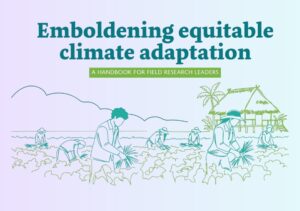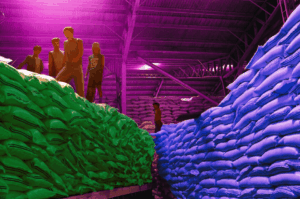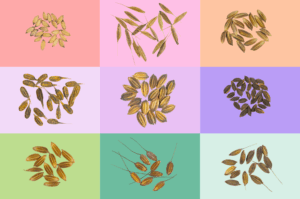Khetramohan Behera, a progressive farmer in Raghunathpur, helped reverse the sagging income because of poor quality rice by organizing certified seed production training for fellow farmers in his village.
Through the Gorekhanath Farmers Producers Company Ltd, Mr. Behera tapped scientists to conduct the training to ensure the steady availability of good-quality seeds that produce rice grains that command higher market prices.
Scientists from Odisha University of Agriculture & Technology Bhubaneswar and the Rice Research Institute at Cuttack provided the farmers with training on scientific methods of seed production, patch cultivation, line transplanting, green manuring and fertilizer management, crop protection, and post-harvest practices.
Read the story @The New Indian Express
Developing a new model for quality rice seed production for Odisha’s farmers
Quality seed is not only the most basic input, but it also influences how the crop responds to all other factors that contribute to successful rice production. Good quality seed offers farmers a host of benefits ranging from lower seed rate, crop uniformity, greater seed vigor, and seed germination, less replanting, and stronger resistance to diseases and pests. All these enable growers to harvest a better yield. Several studies have corroborated that quality seed alone can contribute a 5%-20% increase in yield. Therefore, farmers’ access to quality seed holds a key in boosting rice production in the run-up to ensure food and nutrition security of a region and directly contributes to the UN Sustainable Development Goal 2: Zero Hunger.
Farmer-focused training improves seed production knowledge of extension workers in Odisha
A farmer-focused and market-driven rice seed production training for extension workers, non-governmental organizations representatives, and seed growers was held in Cuttack to strengthen the seed system and increase rice productivity in the state of Odisha.
Gender-friendly seed production training help Bangladeshi women own their future
Gender disparity manifests in various ways, one of those being giving women limited access to knowledge and skills development. This is one of the reasons for their marginal social status. One way of addressing the issue is by training women in relevant subjects that positively impact their livelihood and pave the path for enhancing their socio-economic status.










